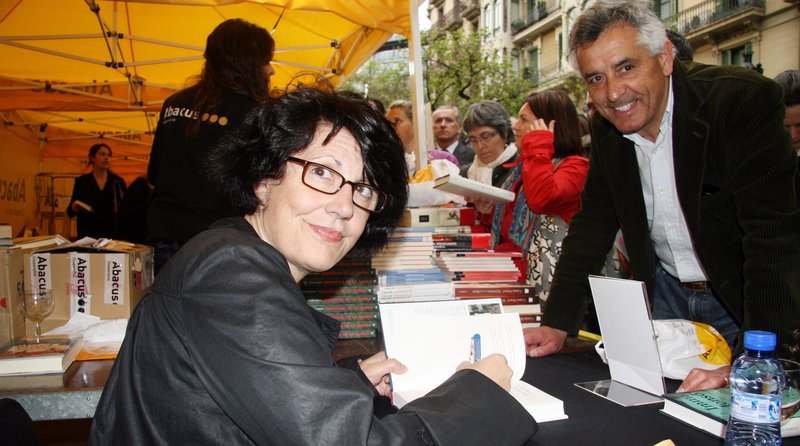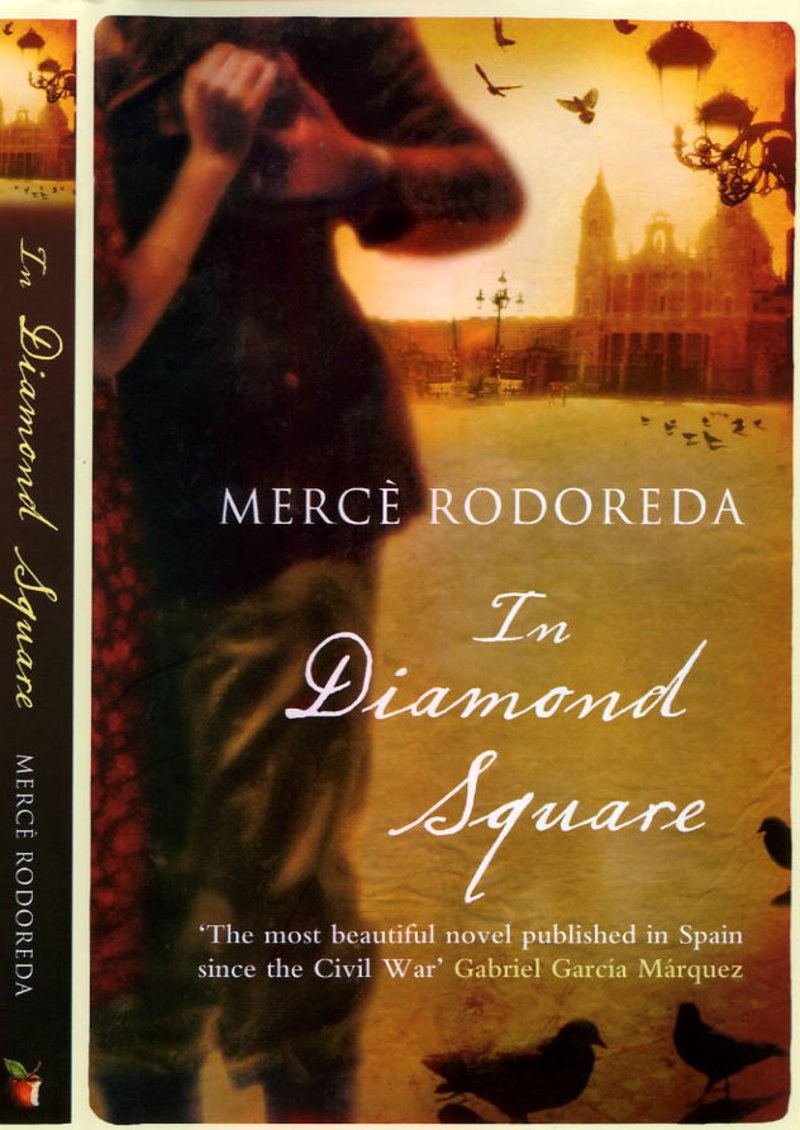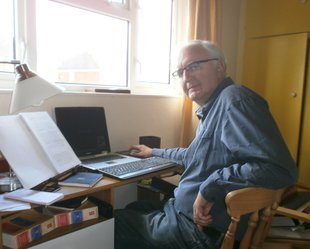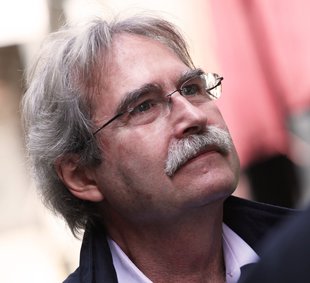What was published in 2014? In English, life after drowning
With Catalonia's international profile rising, Catalan literature translated into English has finally arrived opening up a world of quality for all readers
Fifteen years ago this would have been an article of tears and tearing of clothes. In the '90s, the only novel translated from Catalan by a mainstream UK publisher was Jesús Moncada's masterpiece, The Towpath, a melancholy novel of loss as a Catalan town is drowned by the dictator's reservoir.
Marginalisation
At that time, there were also some notable worthy efforts from a few university publishers, but no mainstream literature translated from the Catalan. To nuance the question, there were several translations of Catalan novels by Vázquez Montalbán, Juan Marsé and Eduardo Mendoza, among others, but these were novels translated from the original Spanish.
This marginalisation of a major literature by the English-language world was a reflection of the Franco dictatorship's onslaught on Catalan identity and language. It is to the shame of publishers in English that none responded to the advent of formal democracy in the late 1970s by helping to rectify this assault on a language.
For literature in Catalan is a central part of European culture. It reaches back to the Middle Ages, with the mystic Ramon Llull (known in mediaeval England as Raymond Lully), the greatest European poet of the 15th century, Ausiàs March (the Baudelaire of his time in Gerald Brenan's view), or Joanot Martorell's pioneering novel, Tirant lo Blanch, among many highpoints.
The change
The cries of lament have now given way to cheerful applause of frequent translations from Catalan to English. Why has this change come about? For one, Catalonia's political profile, with the independence movement, has risen in the last few years: it's in the news more. And since 2007, when Catalonia was the featured country at the Frankfurt book fair, much more literature in Catalan has been published in English.
These translations fall into three broad categories: contemporary big sellers, such as Sánchez Piñol's pre-Frankfurt Cold Skin (though 30 pages on the hero's IRA past were suppressed by its UK and USA publishers), Najat el Hachmi's The Last Patriarch, Quim Monzó's The Magnitude of the Tragedy or Jaume Cabré's Confessions this year.
There has also been a more profound movement, promoted particularly by the translator Peter Bush, to translate Catalan classics. His enthusiasm has given us Mercè Rodoreda's In Diamond Square, Joan Sales's great Civil War novel Uncertain Glory and Josep Pla's The Gray Notebook. Later this year will come Pla's short stories, and next year, Sagarra's Private Lives.
The third category are labours of love by smaller publishers who like a book and are prepared to spend money on it, such as Maria Barbal's Stones in a Landslide (Peirene) or Raimon Casellas' Dark Vales, translated by the doyen of UK academics specialising in Catalan, Alan Yates, and the Catalan painter, Eva Bosch.
Mandarins of culture
Publication is a giant step forward, but of course it does not mean anyone reads the books. There is well-known resistance to reading translated books in many English-speaking countries, a self-sufficient attitude stemming from English's world dominance. Then, distribution remains restricted to relatively few bookshops. And though it may be boring to say so yet again, it's foolish to forget the famous ignorance and wilful narrow-mindedness of the mandarins who preside over Britain's literary culture. For instance, when The Gray Notebook was published last autumn, not one London newspaper or literary journal reviewed it.
Most translations are not a commercial proposition (with exceptions, such as Cold Skin or Confessions) and depend heavily on translation subsidies from the Institut Ramon Llull. Despite the problems, the relatively larger number of books being available is a huge step towards the ‘normalisation' of literature in Catalan. Like Italian, French, Portuguese or Spanish, it now exists. Some of its books can be read.
Interpreting
Jordi Coca, Under the Dust; Francesc Serés, Russian Tales; Jordi Puntí, Lost Luggage; Najat el Hachmi, The Body Hunter; Quim Monzó, A Thousand Morons; Teresa Solana, A Shortcut to Paradise... just some of the contemporary novels and stories translated in the past few years. I'm sure to have missed out several. They are evidence of another main reason for the recent translation mini-boom: fiction today in Catalan is varied and the best of it is very good. The above books deal, respectively, with the hell of growing up under Franco, Russia, lost fathers, looking for love through sex, singles' city life and the Barcelona literary world satirised in a crime novel.
And they are well translated. Translators are always pressured by deadlines and low pay. A translator is a technician, but also has to be an interpreter. “The real key,” says Peter Bush, “is how you read the literary style of the original and whether you can critically grasp what's happening in the Catalan to reproduce it. For this you need a good grounding in the literature and culture of the country.” There are no short cuts.
Indomitable spirit
So where to start if you don't read Catalan? The answer is conventional, but no less heartfelt: Mercè Rodoreda's In Diamond Square. It's not a difficult novel. It reads like a thriller and is such a sensuous book: the feel of things, smells – the sweat of Jo dancing – sunlight, the sounds of birds, the excitement of riding a motor-bike. And it is moving: told in the first person by Pidgey, an uneducated woman (though heir to the popular culture of Barcelona's Gràcia area), ingenuous, at times downtrodden, but also perceptive and sensitive, as her very detailed descriptions of everyday life and shifting feelings show. You will be moved by Pidgey's indomitable spirit in times of hunger and war. There really is no better introduction to the rich – in terms of both old and new – literature written in Catalan.
«the diamond square»
Author: Mercè Rodoreda










